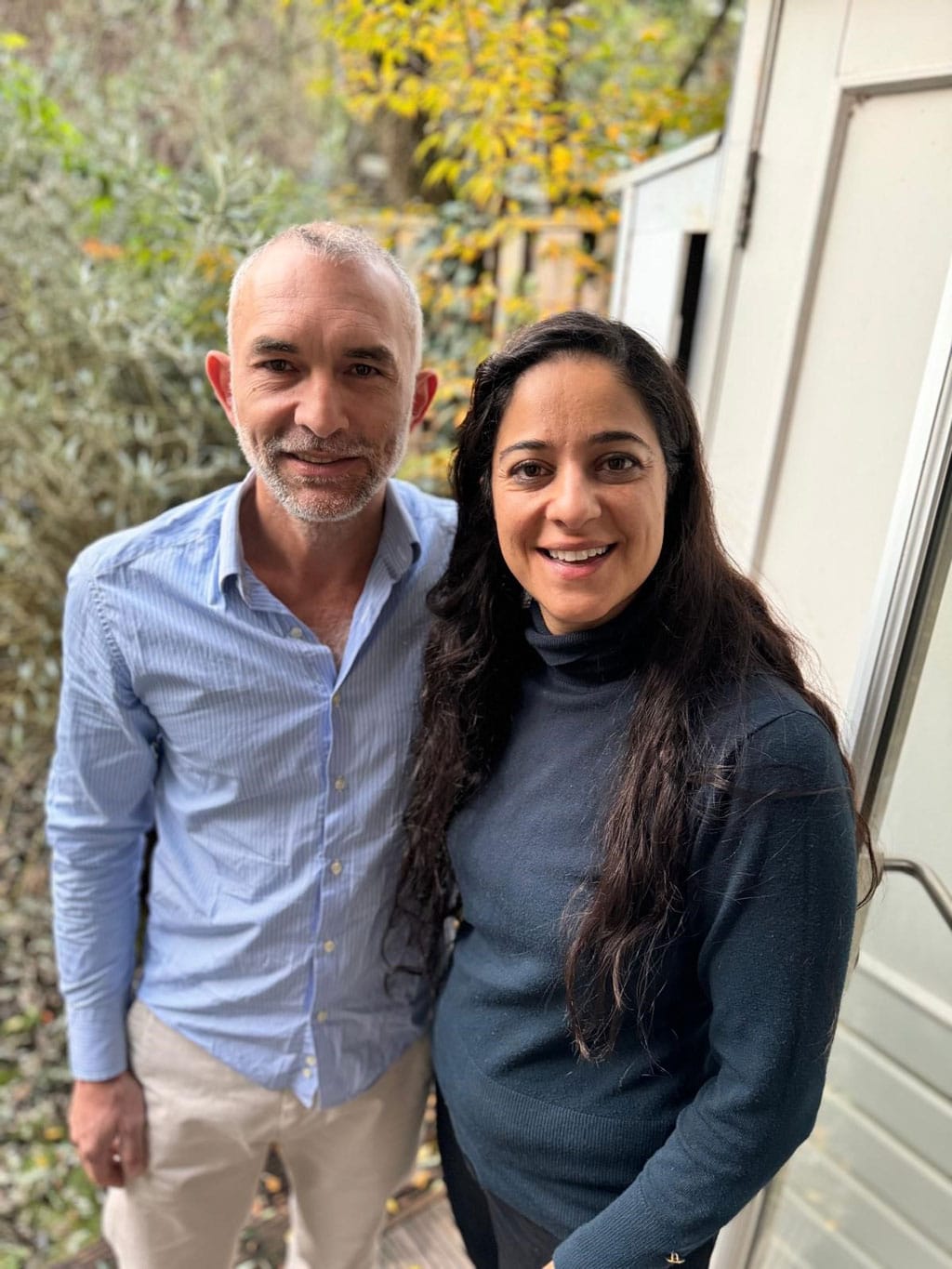The death toll from the huge earthquake that hit Turkey and Syria Monday continues to go higher and higher, with nearly 23,000 people estimated to have died as of today — expect that to keep going higher — and a rapidly closing window for the chances of digging more survivors from the rubble.
The situation is especially dire in northern Syria, where the response to the natural disaster has been complicated by the fact that the earthquake hit right in the heart of territory still held by rebels in the civil war against the government of dictator Bashar al-Assad. Most aid bound for the affected region has to go through Syrian government channels, although starting Thursday, the first UN aid trucks have begun reaching the area through the single open border crossing with Turkey.
Here’s a sobering Al Jazeera video explainer on why it’s so hard to get aid to the earthquake victims in Northern Syria:
The video explains that, for the most part, the international sanctions against Syria have been aimed at Syrian military and government leaders, as well as government agencies that have played a role in violating human rights.
But just to make sure that as much aid as possible gets where it’s needed, the US Treasury Department yesterday issued a six-month waiver on “all transactions related to earthquake relief that would be otherwise prohibited” under the sanctions. In a press release, Deputy Secretary of the Treasury Wally Adeyemo said,
As international allies and humanitarian partners mobilize to help those affected, I want to make very clear that U.S. sanctions in Syria will not stand in the way of life-saving efforts for the Syrian people. While U.S. sanctions programs already contain robust exemptions for humanitarian efforts, today Treasury is issuing a blanket General License to authorize earthquake relief efforts so that those providing assistance can focus on what’s needed most: saving lives and rebuilding.
The announcement added that US sanctions, by design, already don’t apply to humanitarian assistance, but that the new waiver “expands upon these broad humanitarian authorizations already in effect,” for nongovernmental organizations, the UN, and US government aid programs. The US has made clear it will not give aid directly to the Syrian government, only to international aid groups working in the region.
Also too, Al Jazeera reports that
The US Agency for International Development on Thursday announced Washington had pledged $85m in urgent humanitarian aid on top of the 160 people and 12 dogs it had sent to Turkey to help with rescue efforts.
Since humanitarian aid is already exempt from sanctions, Karam Shaar, a Syrian economist with the Middle East Institute, told Al Jazeera that the new waiver will have “a limited positive impact.”
“This makes it easier still to send humanitarian funding to Syria,” Shaar told Al Jazeera. “Now you don’t have to prove to OFAC that your transaction is exempt from sanctions. You do the transaction, and then if you’re asked to, you need to prove it.”
Simply put, this means that donors and organisations don’t need to spend resources and time proving an exemption from sanctions before sending aid.
Shaar said it’s not yet clear whether private banks will be sufficiently reassured by the waiver that they’ll feel comfortable making money transfers; many avoid Syria altogether out of fear of getting into sanctions trouble. The waiver therefore may or may not result in some institutions allowing transfers, including remittances from Syrians living abroad.
As Joshua Landis, director of the Center for Middle East Politics at the University of Oklahoma, explained to Al Jazeera, Assad has made his own use of the sanctions regime to punish the rebels in the north, using the sanctions as an excuse to keep resources from getting to areas the rebels control.
Sadly, that’s unlikely to change even following the earthquake, because why would a guy who’s used poison gas and indiscriminate bombing on civilians (with Russian help) start caring about them now?
Despite demands by Assad’s government, the UN has started getting some aid to northern Syria, using the only humanitarian corridor between Syria and Turkey at the Bab al-Hawa crossing. CNN reports that the first convoy of six trucks carried only “shelter items” and other non-food supplies.
“The UN cross-border aid operation has been reinstated today. We are relieved that we are able to reach the people in northwest Syria in this pressing time. We hope that this operation continues as this is a humanitarian lifeline and the only scalable channel,” Sanjana Quazi, head of OCHA Türkiye [the UN Office for the Coordination of Humanitarian Affairs] said.
The delivery on Thursday ends a three-day period during which no aid arrived at the Bab al-Hawa border crossing from Turkey to rebel-held areas of northern Syria – just 300 bodies, according to the administration that controls the only access point between the two countries.
“How are roads okay for cars carrying bodies, but not for aid?” Mazen Alloush, Bab al-Hawa’s frustrated spokesperson had asked CNN.
The bodies were of Syrian refugees who died in Turkey and were being repatriated for burial. (No, probably aid groups don’t want to risk sending food aid through in body bags, because life isn’t usually a movie.)
Even before the earthquake, northern Syria was in terrible shape, with as many as 15.3 million people needing assistance there, according to UN Resident Coordinator for Syria El-Mostafa Benlamlih.
In Aleppo alone 100,000 people are believed to be homeless, with 30,000 of that number currently sheltered in schools and mosques.
“Those are the lucky ones,” he said.
The remaining 70,000 “have snow, they have cold and they are living in a terrible situation,” he added.
The weather is also making survival even more difficult in both countries, with much colder temperatures than normal in the region, as CNN notes. Aleppo normally has chilly 36 degree Fahrenheit lows in February, but this weekend’s low temperatures are forecast to be between 27 and 28 degrees F.
Now that UN aid has started arriving, there’s hope that NGOs will be able to get aid to northern Syria; most of the big groups are already helping in Turkey. If you can spare the money, you might consider giving to the International Rescue Committee, to Doctors Without Borders, or to Mercy Corps, all of which have special appeals for the Turkey/Syria crisis.
[CNN / Al Jazeera]
Yr Wonkette is funded entirely by reader donations. For this post, we’re going to direct you to the humanitarian aid NGOs listed above. But sure, if you also want to keep us funded too, we’d appreciate that.






















































![Social Media Ad Spend by Platform [Infographic] Social Media Ad Spend by Platform [Infographic]](https://imgproxy.divecdn.com/fFyzSSAT7wH3XZmR-_UrPekb785HJmuBOImrd_p4QWI/g:ce/rs:fit:770:435/Z3M6Ly9kaXZlc2l0ZS1zdG9yYWdlL2RpdmVpbWFnZS9kaWdpdGFsX2FkX3NwZW5kX3Zpc3VhbGl6YXRpb24yLnBuZw==.webp)











![Meta Outlines its Various Measures to Protect Teen Users [Infographic] Meta Outlines its Various Measures to Protect Teen Users [Infographic]](https://www.socialmediatoday.com/imgproxy/9TUKTsVVyiPtkQTRZN0fa3DBvOQuJwWkhSlHS17CFeo/g:ce/rs:fill:770:435:0/bG9jYWw6Ly8vZGl2ZWltYWdlL21ldGFfYWdlX2FwcHJvcHJpYXRlMi5wbmc.png)




